A group of 18 islands with a population of around 55,000 and a football team full of part-timers was just a few wins away from making it to the 2026 FIFA World Cup. It would have been a stuff of legends had this team succeeded. However, Luka Modric’s Croatia on Friday ended their dream with a crushing 3-1 defeat.
Faroe Islands had one of the most outrageous World Cup qualifying runs before it came to a screeching halt on Friday. Even though they failed to make the tournament, their hustle would never be forgotten.
Faroe Islands, a tough place to play football
Located between Iceland and Scotland, Faroe Islands is a volcanic archipelago consisting of 18 small islands. It is an autonomous territory of the Kingdom of Denmark and the name’s literal meaning is ‘sheep islands’.
It is among the wettest places in Europe, and the climate is not at all conducive to playing football. It is rainy, windy and, in winters, it gets even tougher to play.
Players too have to take up other jobs alongside their football careers. Some are electricians, some teachers, some do business and only a few players have a club contract outside the islands.
They had never won more than two games in their World Cup qualifying journey ever. However, this year they changed it all.
Faroe Islands World Cup qualifying journey
Heading into Friday’s clash against Croatia, Faroe Islands were in an unlikely position. A win against Croatia and a draw or win for Gibraltar against Czech Republic would have helped the Faroes to get a ticket to the qualifying play-offs. None of what they wanted happened but even getting this close is a massive achievement.
Despite being ranked outside the top 100, Faroe Islands dished out brilliant performances against teams in their group to come mighty close to finishing second.
With a team consisting of an electrician, a carpenter, a car salesman, a CEO who sells pizza and coached by a crime writer-turned-manager, Faroe Islands set on their journey to do the unthinkable. However, the start was turbulent as they lost their first two games against Czech Republic and Montenegro.
In their next five games, they lost just one. That too to group toppers Croatia. That too only by a goal’s margin.
The string of wins brought them on the cusp of the unthinkable. In the do-or-die game against Croatia, they struck first to take an early lead. That was the closest they got to the World Cup.
‘Everything we do is against the odds’
Things are tough for football in Faroe Islands. A decade ago, one of the promising footballers in the Islands had died after an accident while unloading a trawler at work.
Eyoun Klakstein, the coach of the side, says not just football, but everything on the islands is difficult.
“Everything we’ve done has been against the odds,” Klakstein had told The New York Times ahead of the game against Croatia. “It’s been against the elements, against the wind, because, you know, this is not the perfect place to build a society.”
“Everything we do is against the odds, and this isn’t just a question of football. It’s a question of a country. It’s a question of a people. It’s a question of: We have to, we must.”
Faroes’ 36-year-old central defender Odmar Faero also had something similar to say.
“We’re 55,000 people stuck on 18 islands somewhere in the middle of the Atlantic Ocean. So basically it’s like, listen, either you figure it out yourselves, or you die,” the defender told BBC.
“So we have our resources, we have our people, and we just find our way to make it work because there is no other option.”
Ultimately, the World Cup dream ended in disappointment for Faroe Island but that did not matter as they had already done enough to be remembered. The fact that they forced football lovers all around the world to take note is itself a victory.


)
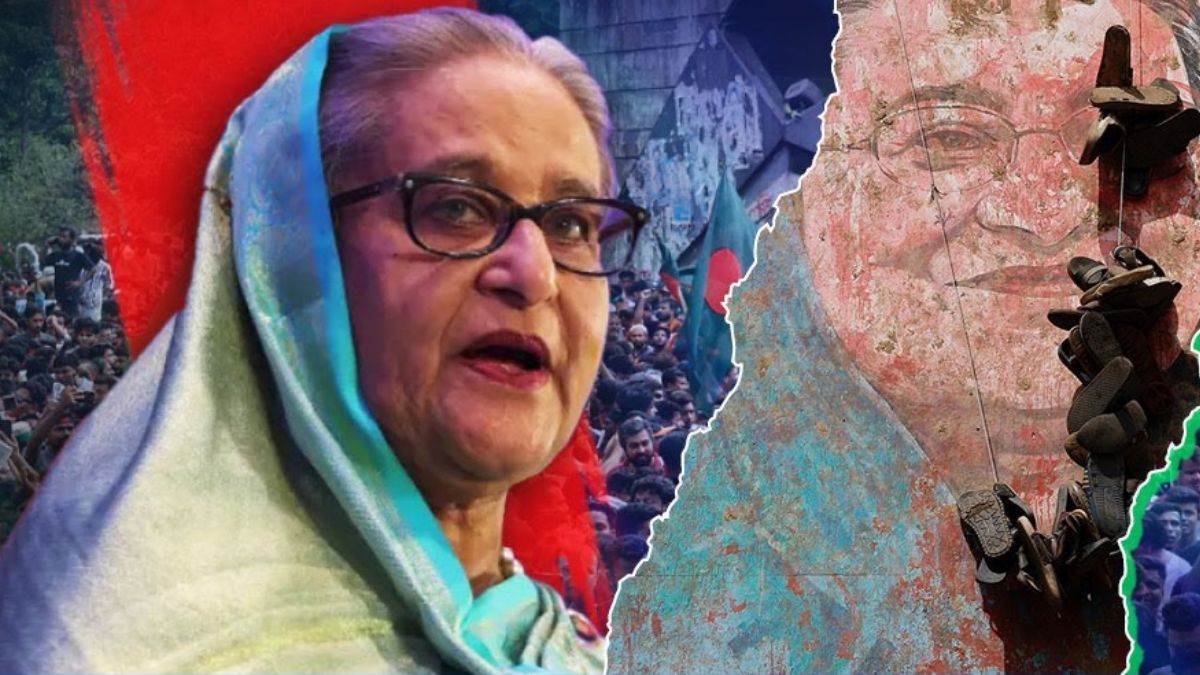)
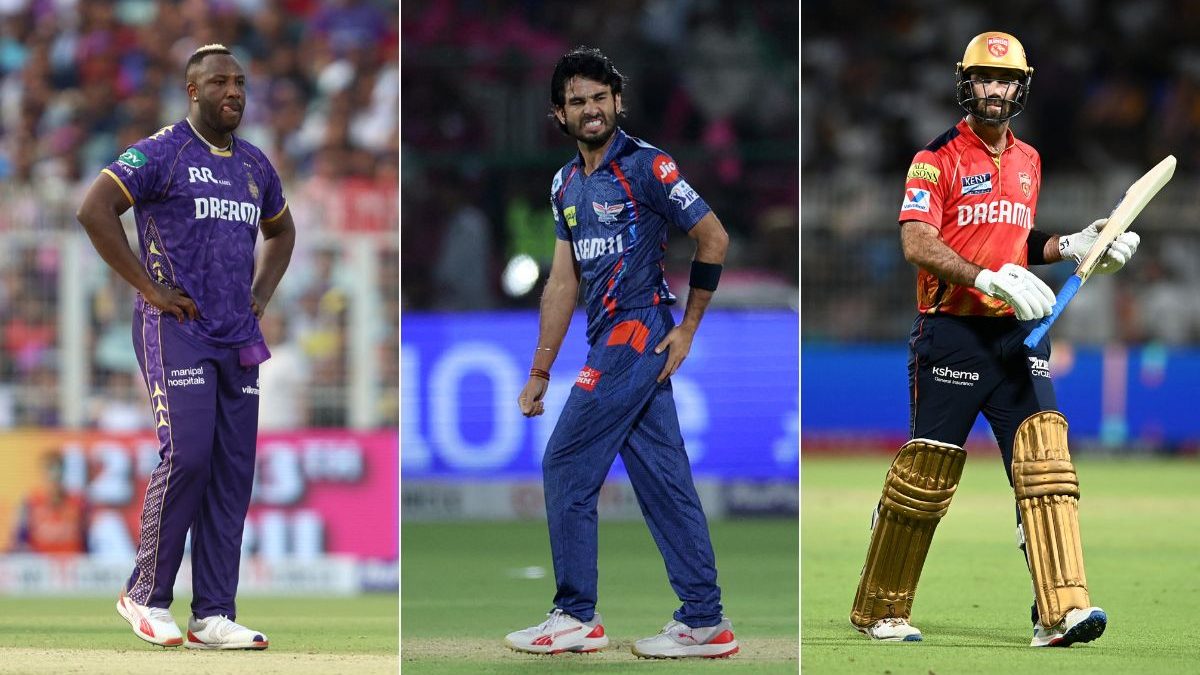)
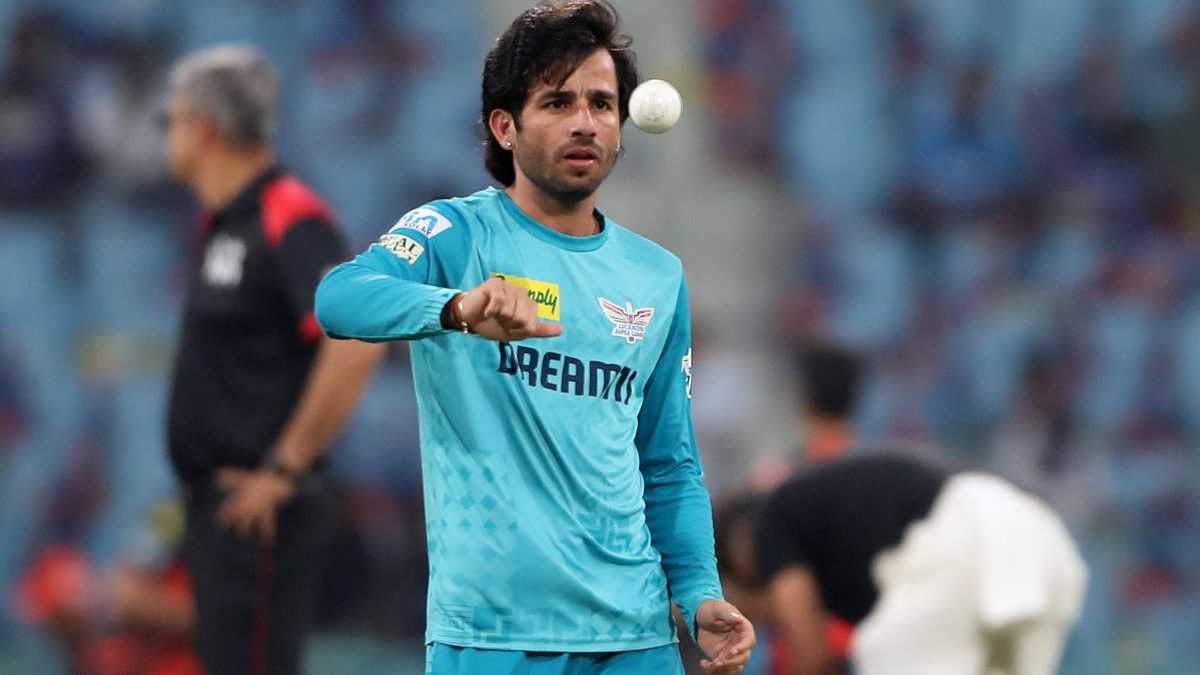)
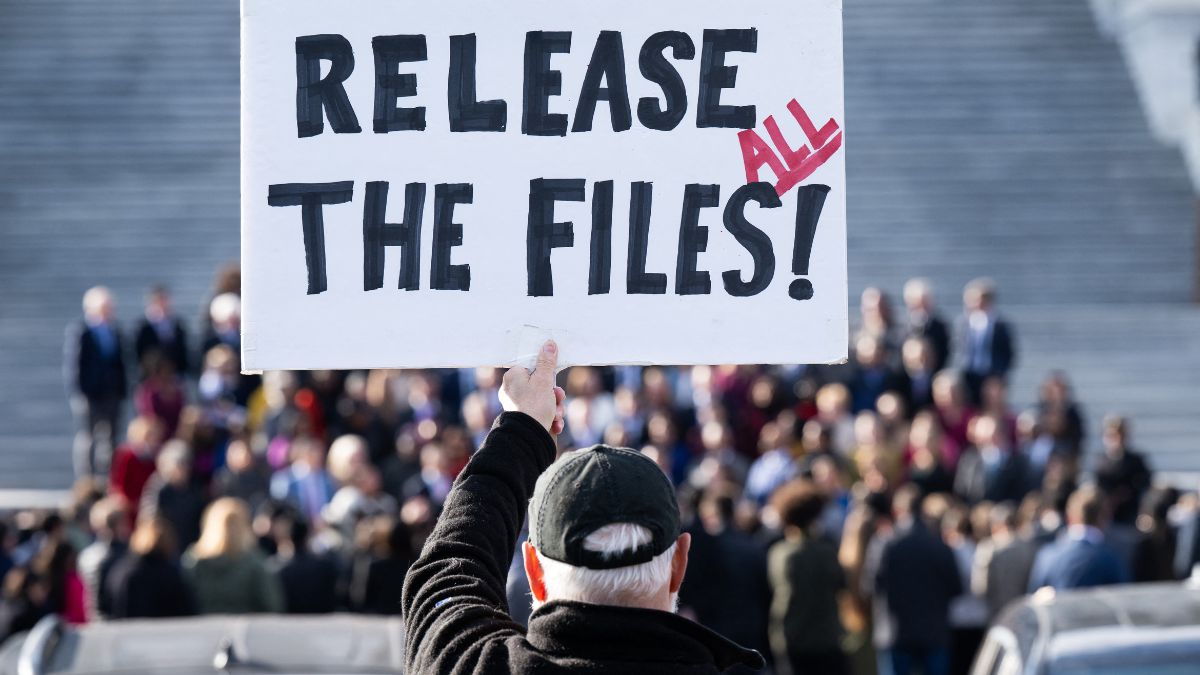)
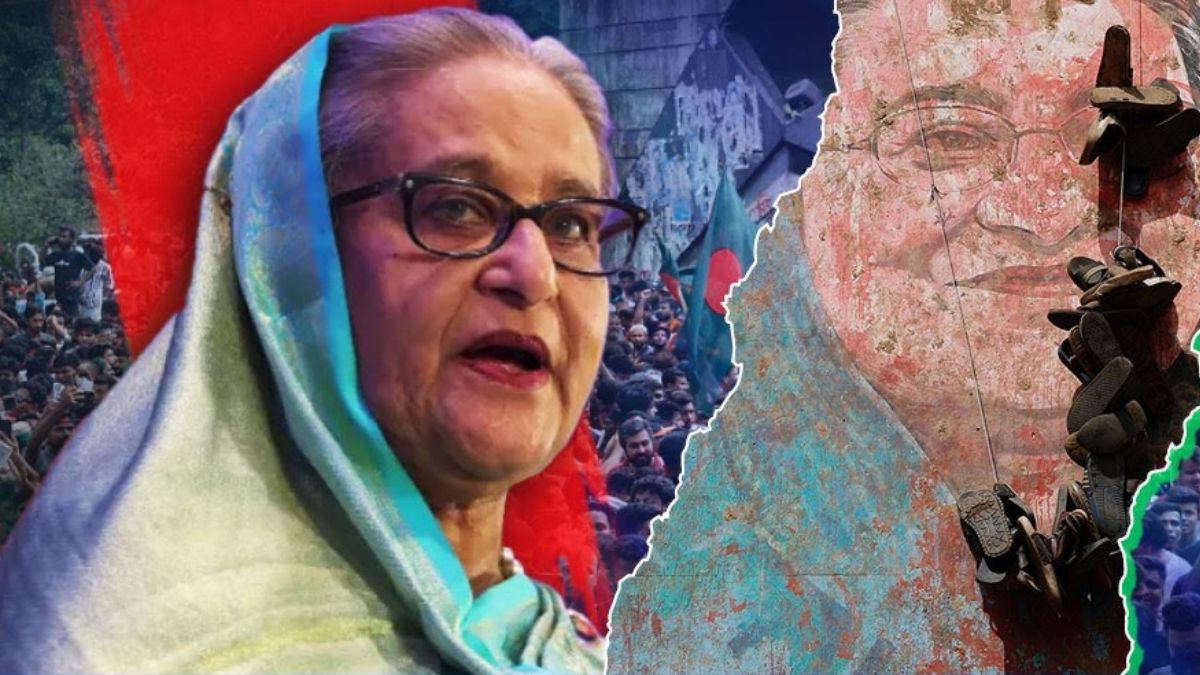)
)
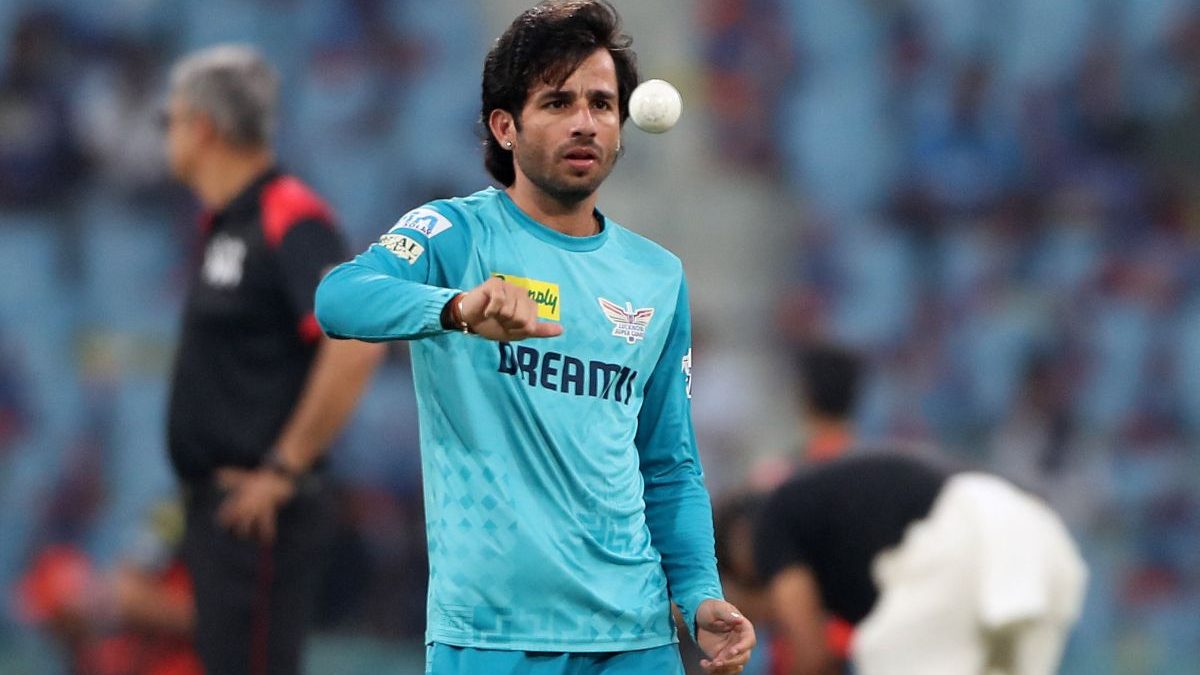)
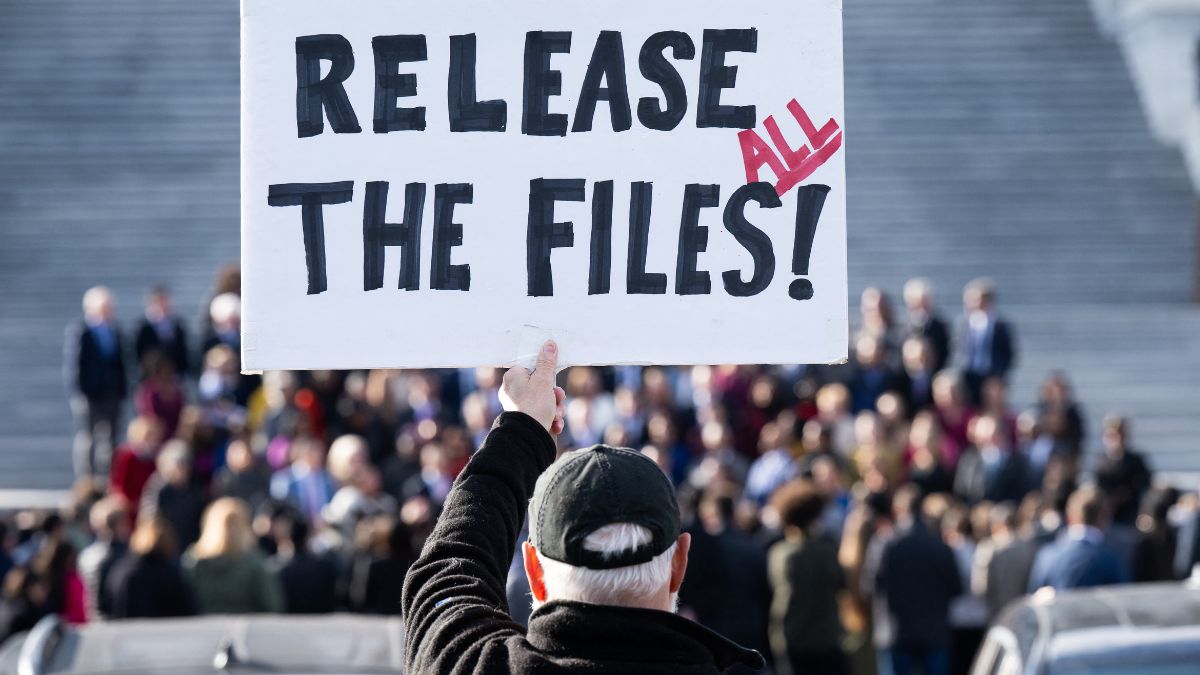)



